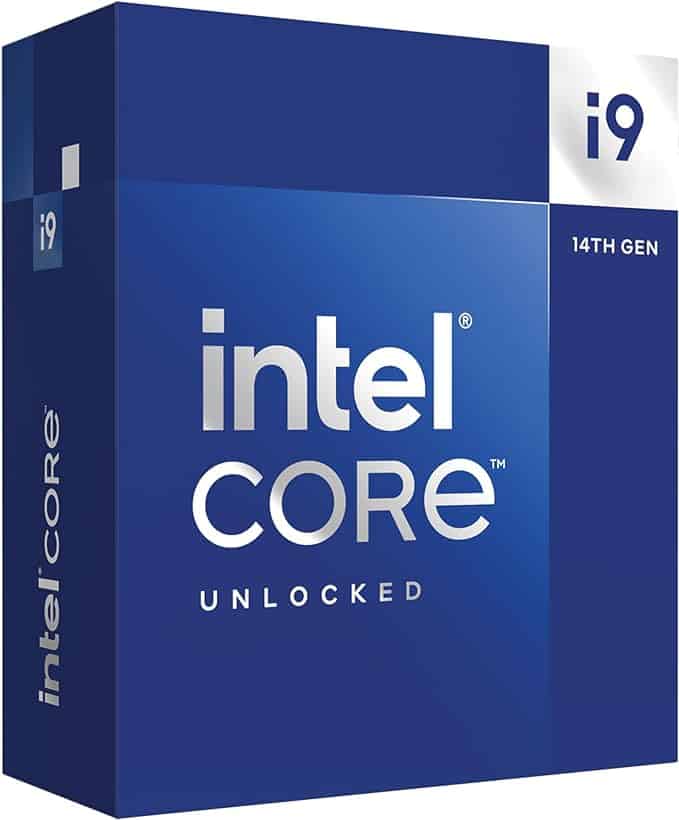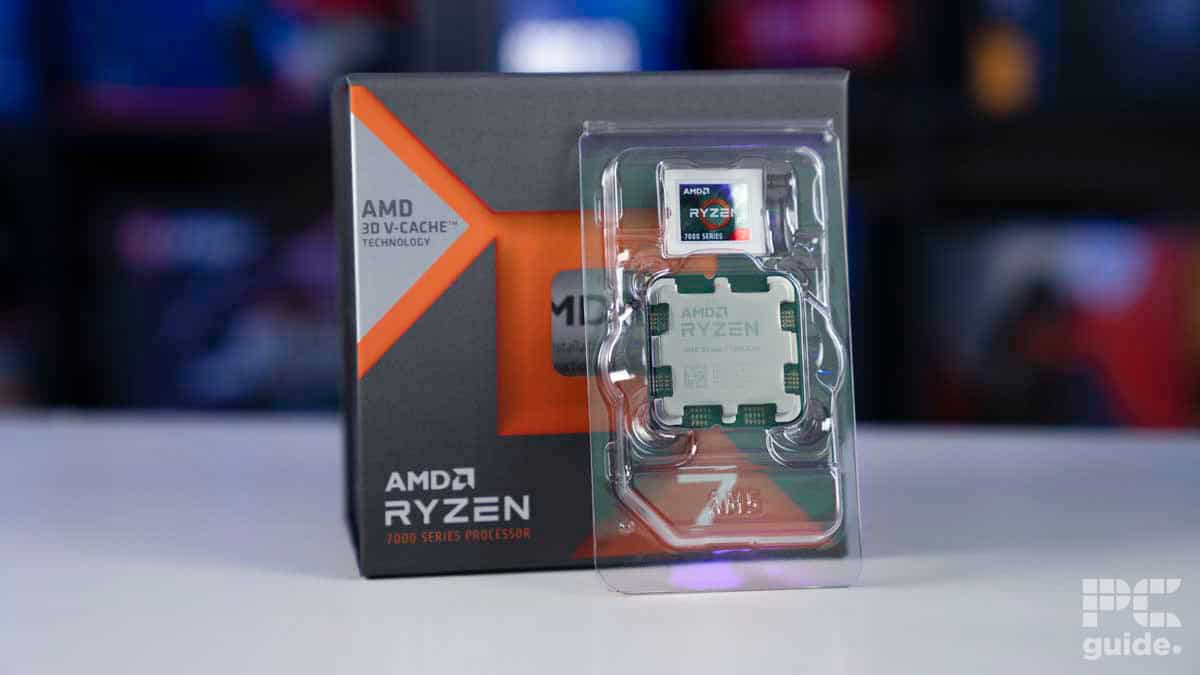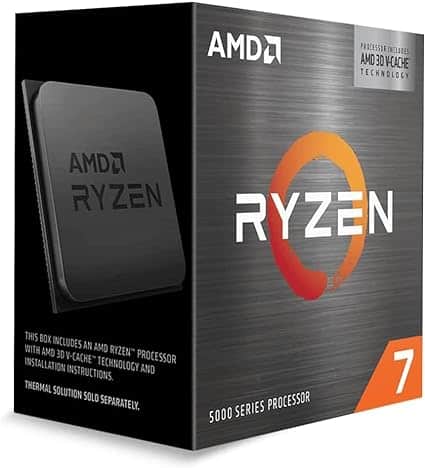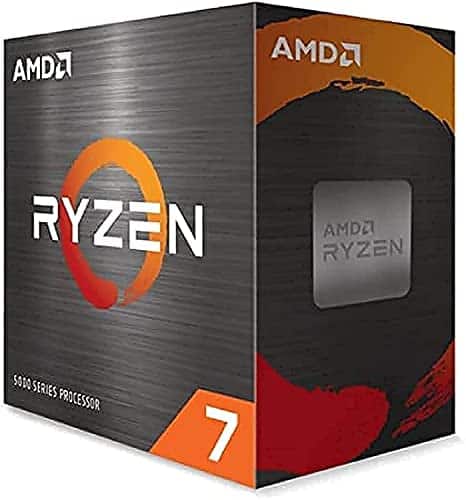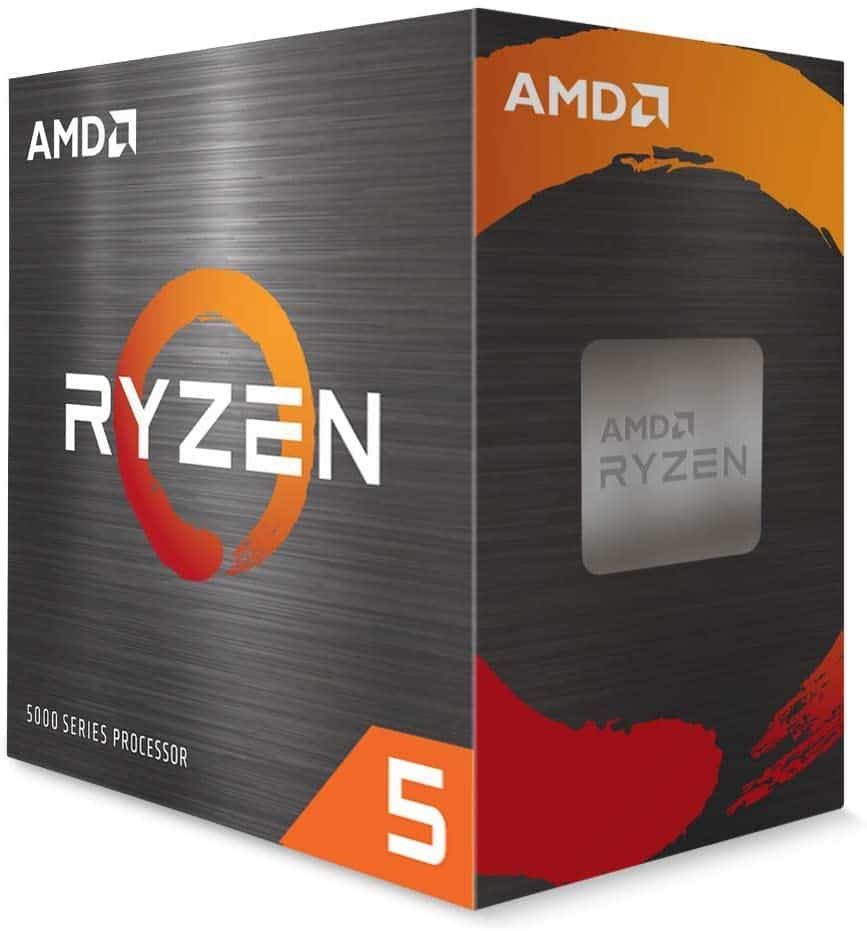Ryzen 5 9600X Vs. Ryzen 7 7700X – How do they compare?
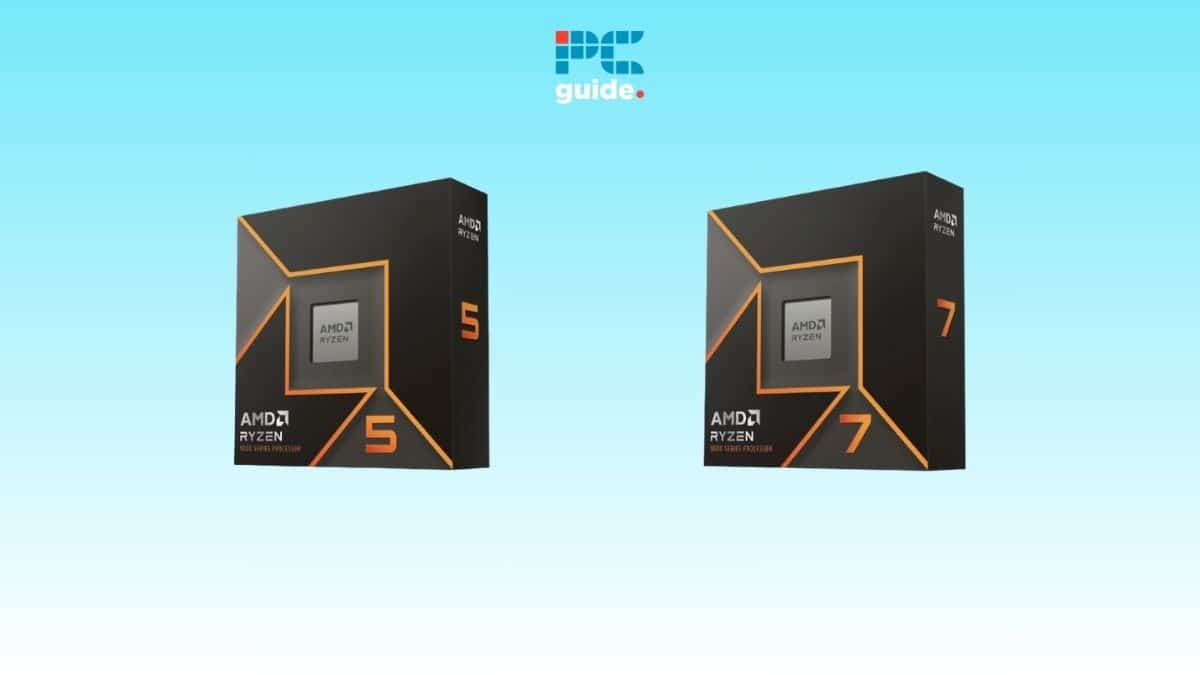
Table of Contents
AMD’s new Zen 5 CPUs have launched after their delay and long time of waiting, so if you’re wondering how they compare, we look at how the 9600X vs 7700X do. But first, if you want to read our 9600X review you can do so to see what we think of the 9000 series.
The improvements that Zen 5 has brought over Zen 4 are phenomenal. AMD boasts a 16% uplift in IPC vs the 7000 series CPUs because of the smaller 4nm manufacturing process. This has allowed AMD (with great care, genius, and manufacturing precision) to jam the 9000 series full of more transistors than Ryzen CPUs have ever seen before.
Prime Day is finally here! Find all the biggest tech and PC deals below.
- Sapphire 11348-03-20G Pulse AMD Radeon™ RX 9070 XT Was $779 Now $739
- AMD Ryzen 7 7800X3D 8-Core, 16-Thread Desktop Processor Was $449 Now $341
- ASUS RTX™ 5060 OC Edition Graphics Card Was $379 Now $339
- LG 77-Inch Class OLED evo AI 4K C5 Series Smart TV Was $3,696 Now $2,796
- Intel® Core™ i7-14700K New Gaming Desktop Was $320.99 Now $274
- Lexar 2TB NM1090 w/HeatSink SSD PCIe Gen5x4 NVMe M.2 Was $281.97 Now $214.98
- Apple Watch Series 10 GPS + Cellular 42mm case Smartwatch Was $499.99 Now $379.99
- ASUS ROG Strix G16 (2025) 16" FHD, RTX 5060 gaming laptop Was $1,499.99 Now $1,274.99
- Apple iPad mini (A17 Pro): Apple Intelligence Was $499.99 Now $379.99
*Prices and savings subject to change. Click through to get the current prices.
If AMD announcing the Ryzen 9000 series release date has got you in a buying mood, then you can take a look at our where to buy page on the 9600X. There, you will find all the retailers selling the hardware. That way, you can stay up-to-date and make sure you snag a 9600X for yourself.
AMD Ryzen 5 9600X
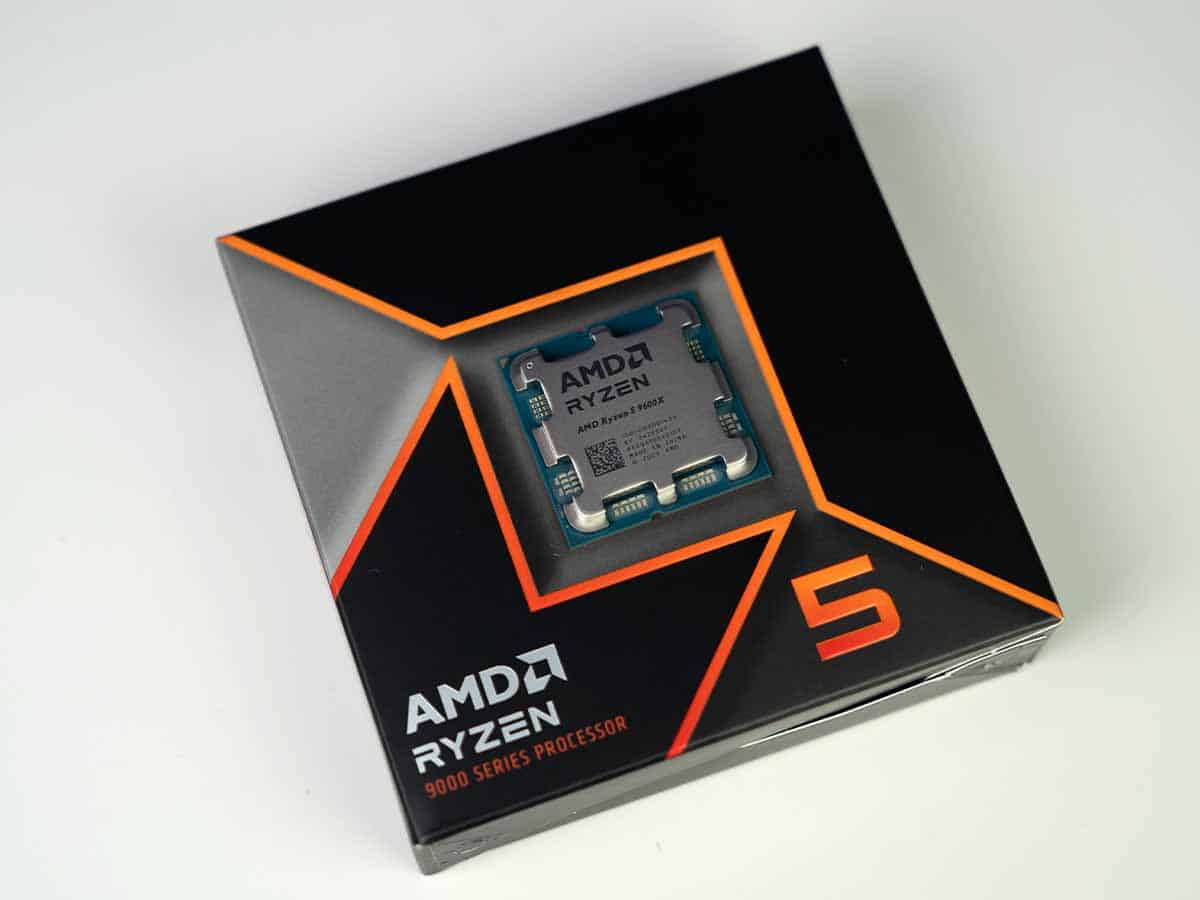
Cores
6
Threads
12
Boost clock speed
5.4 GHz
Base clock speed
3.9 GHz
L3 Cache
32 MB
TDP
65 W
Platform
AMD Socket AM5
Shop on Amazon
CHECK PRICEAMD Ryzen 7 7700X
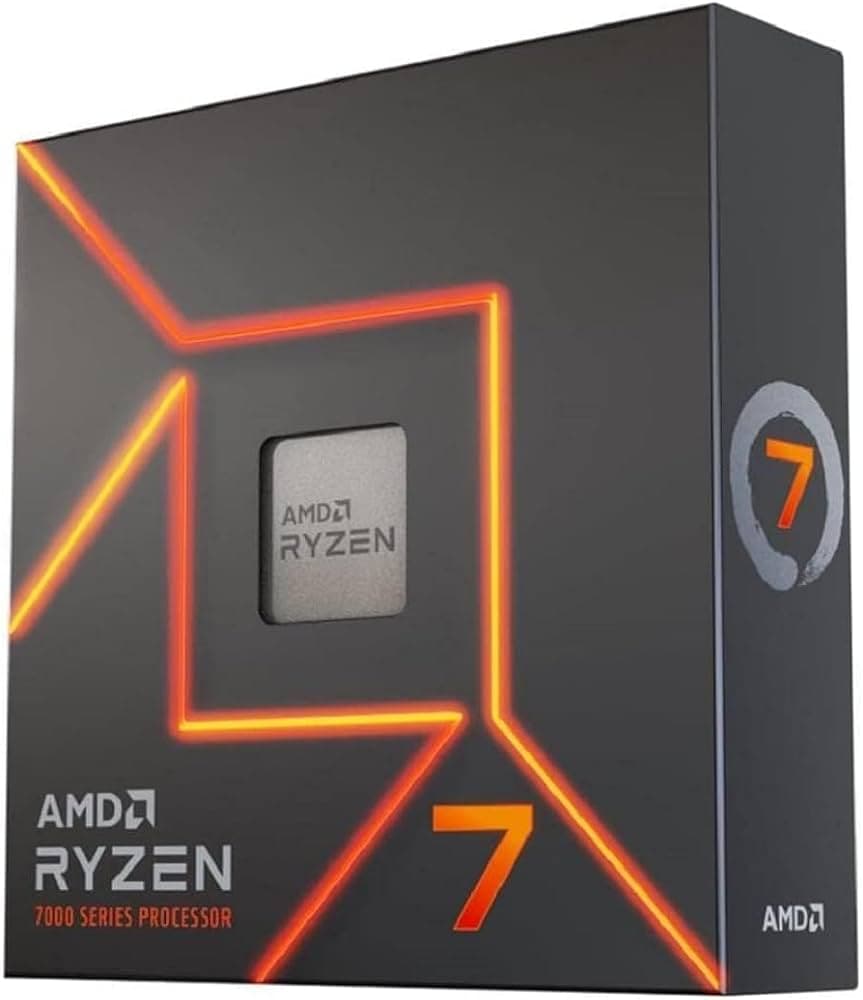
Cores
8
Threads
16
Boost clock speed
5.4 GHz
Base clock speed
4.5 GHz
L3 Cache
32 MB
TDP
105W
Platform
AMD Socket AM5
Shop on Amazon
CHECK PRICESpecifications
These CPUs are pretty different on paper, with a couple of similarities in cache and platform, but the real difference lies under the surface of the CPU cores.
| Specification | Ryzen 5 9600X | Ryzen 7 7700X |
|---|---|---|
| Cores | 6 | 8 |
| Threads | 12 | 16 |
| Base Clock | 3.9GHz | 4.5GHz |
| Boost Clock | up to 5.4GHz | up to 5.4GHz |
| L3 Cache | 32MB (shared) | 32MB (shared) |
| TDP | 65W | 105W |
| PPT | 88W | 142W |
| Socket | AM5 | AM5 |
| Core architecture | Zen 5 | Zen 4 |
You’d be forgiven for thinking that the 7700X is the more powerful pick because that’s basically what the paper says, but if we peek between the curtains and lift the lid on the CPU (no pun intended), we will soon see that all isn’t what it seems.

Cores and threads
Sure, the 7700X has more cores and threads than the 9600X, but that doesn’t mean it’ll hold the performance crown. The biggest advantage the 9600X has over the 7700X is its Zen 5 architecture, which uses 4nm CPU process technology as opposed to the latter’s 5nm processes. While a 1nm size difference might not seem like a lot, in reality, the performance difference is huge as it can accommodate more transistors on each core.

What this does is enable the Zen 5 CPU to complete more instructions per clock cycle, resulting in faster and more efficient processing. That said, the 7700X does have two extra cores and a higher base clock, but it might not be enough to tackle the power of the Zen 5 architecture.
Clock speed
By direct comparison of the two processors we can see that the 7700X has an edge in base clock speeds and both share the same 5.4 GHz boost clock speeds. This means that the 7700X can execute 0.9 billion more instructions than the 9600X which should give it an advantage but the Zen 5 architecture should allow the 6-core of the 9600X to move more weight. That said, the competition between these two processors might be closer than we think, we’ll have to wait till 31st July to have a clear winner.
Cache
The Ryzen 9000 series cache has been revamped and now comes with double the L1 and L2 bandwidth, meaning more channels for the data to travel leading to faster and better processing. As for the L3 cache, both these processors have 32 MB shared across all CPU cores so I guess it boils down to which one can use it more effectively and we’ve got the answer for that. Since the 9600X can execute more instructions, it means the 32 MB cache is being utilized more with better efficiency.
TDP and PPT
The difference between TDP and PPT is that the TDP isn’t a set value and can fluctuate depending on how much your push your CPU while the PPT is a set value of how much power the motherboard will allow into the CPU. The 9600X is the winner in this section as it the newer architecture resulting in better performance while consuming 40W less than the 7700X, which has a TDP of 105W. However, these numbers, as mentioned before, can increase depending on that workload leading to more heat. So, we recommend using robust cooling solutions such as the best AIO water cooler.
Other than that, the PPT for the 9600X and 7700X is 88W and 142W, respectively. So, the Ryzen 9000 processors are far more efficient than the 7000 series despite having a 16% IPC advantage.
Price speculation
You can get your hands on a Ryzen 7 7700X for $240, which is decent for a mid-range processor. We’ll have to wait for the official release of the Ryzen 9000 series to know for certain how much they cost but according to recent leaks, the Ryzen 9600X could have a price tag of $295.22. The prices for higher end Ryzen 9000 processors were also supposedly leaked which showed very different prices so take this with a pinch of salt.
That said, we can use historical data to predict the launch price of the 9600X. Here's the MSRP of a few CPU releases from previous generations:
- 7600X – $299
- 5600X – $299
- 3600X – $249
- 12600K – $289
- 13600K – $329
As you can see, the 7600X was released at $299, which some deemed a tad bit too expensive for an entry-level chip. So, for the 9600X we’d like AMD to stick to the same pricing format and stick to the release it under the $299 marks as it has a newer architecture but life, in general, has gotten more expensive over the last few years, and chip-making is no exception. There may be a few costs that we end up paying for – hopefully not, though.
Graphical capabilities
Both of the CPUs we're comparing today have graphical capabilities, as AMD made it the norm from the 7000 series for AMD CPUs to have an iGPU. WePC seemed very impressed with the 2 CU RDNA 2-based unit in the 7000 series, as they saw the 7600X running CS:GO at 126FPS. However, the 9600X’s integrated graphics are based on the RDNA 3 architecture and have a similar turbo clock of 2200 MHz. So, we could potentially see better results in gaming and if you’re find with playing games at 1080p resolution, you might not even need a GPU.
How do these CPUs compare generationally?
The Ryzen 5 9600X and Ryzen 7 7700X both use the AM5 platform so there isn’t much difference in that asepct and we’ve discussed the hardware differences. The biggest change between the two is the architecture.
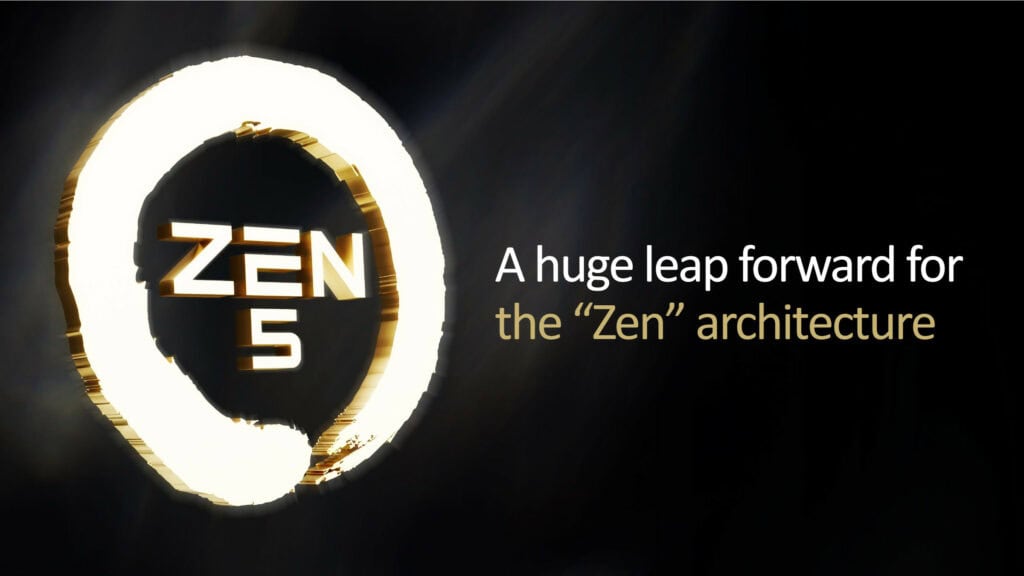
That means that you don't have to make any sacrifices as to which platform you want to base your system on, unlike AM4 to AM5. You still have access to all the latest hardware and features no matter the CPU you choose. And with the 800 series motherboard release looming, you can rest assured knowing you don't have to sacrifice anything.
Alternatives to the 9600X and the 7700X
We have some alternatives lined up that are sure to take your interest if the CPUs at hand don't tickle your fancy. We have a selection from Team Red and Team Blue in the hopes that you'll find something you like. If we're talking the best of the best, might as well go for the 14900K, just bear n mind you will need to change the platform for that. Or, if you prefer, a little gaming number from AMD in the form of the 7800X3D, though both come at a premium. You can also check out our hands-on reviews for them both.
-
Intel Core i9-14900K
- Cores: 24 (8P-16E)
- Threads: 32
- Boost clock speed : P-Core 5.8GHz / E-Core 4.4GHz
- Base clock speed: P-Core 3.2GHz / E-Core 2.4GHz
- L3 Cache: 36 MB
- TDP: 253W
-
AMD Ryzen 7 7800X3D
- Cores: 8
- Threads: 16
- Boost speed : up to 5 GHz
- Base speed: 4.2 GHz
- L3 Cache: 96 MB
- TDP: 120 W
-
AMD Ryzen 7 5800X3D
- Cores: 8
- Threads: 16
- Boost speed : Up to 4.5 GHz
- Base speed: 3.4 GHz
- L3 Cache: 96 MB
- TDP: 105W
-
AMD Ryzen 7 5700X
- Cores: 8
- Threads : 16
- Boost clock speed : 4.6 GHz
- Base clock speed: 3.4 GHz
- L3 Cache: 32 MB
- TDP: 65W
-
AMD Ryzen 5 5600X
- Cores: 6
- Threads : 12
- Boost speed : up to 4.6 GHz
- Base speed: 3.7 GHz
- L3 Cache: 32 MB
- TDP: 65W
Which CPU is best for you?
Ultimately, the 9600X should have the better performance out of the two due to the newer architecture which grants it an IPC boost. However, that doesn’t take away from the 7700X as it is still a solid mid-range processor which should provide even better value if its price drops after the release of the new processors. This should give those waiting for the chance to move to the AM5 platform from the LGA1700 or AM4.
The 7700X is more power hungry than the 9600X but the additional cores and threads should enable it to handle more demanding workloads. If you don’t care about its high TDP and thermal output, then the 7700X is a great processor that should be a good fit for gaming and professional tasks alike.
Regardless of the processor you choose, you’d be taking advantage of the full arsenal of the new platform that is supported till 2027 and should open up the path for plenty of future upgrade.
I asked my fellow PC Guide expert, Ussamah, what he thought on the matter. Here's what he had to say:
There is a lot of difference between the Ryzen 5 9600X and the Ryzen 7 7700X, one is a entry-level processor while the other is a mid-range CPU of the previous generation. The 7700X seems like it has the advantage with a higher core and thread count but it also is less energy efficient. The 9600X has smaller transistors meaning it has the ability to complete more instruction per cycle giving it the edge in performance and efficiency.
That said, the 7700X is a solid option for anything you want to use it, especially if you were looking for the opportunity to shift to the AM5 platform. This processor’s price should drop with the release of Ryzen 9000 processors which should bring down the overall cost of making the jump as an AM5 motherboard and DDR5 RAM will also need to be purchased.
Ussamah Mehmood




